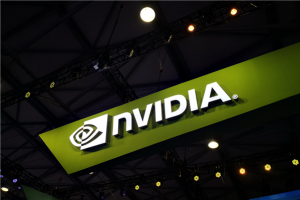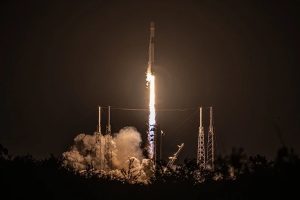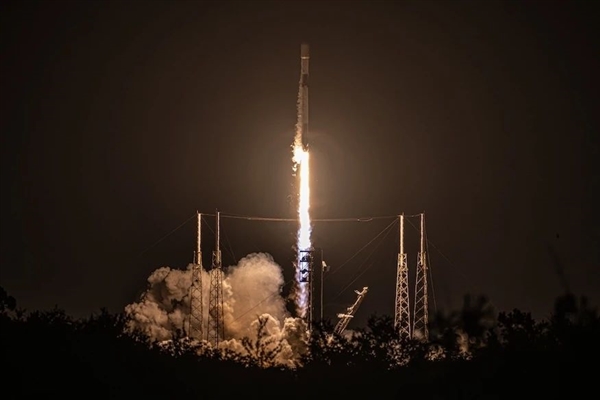July 08, 2024 – According to a report recently released by Macquarie Securities, most of TSMC’s customers have agreed to an increase in foundry prices in exchange for reliable supply, which is expected to drive TSMC’s gross profit margin to climb further.
Analysts estimate that TSMC’s gross profit margin will rise to 55.1% in 2025 and approach 60%, reaching 59.3%, in 2026. Industry insiders suggest that this price increase may be based on considerations of market demand, production capacity, and costs. Reports indicate that major companies such as Apple, Qualcomm, NVIDIA, and AMD have secured significant capacity for TSMC’s 3nm family of processes, resulting in a waiting list that extends until 2026.

Currently, there is an increasing number of price increase announcements in the semiconductor industry chain, including companies like Qualcomm, TSMC, and Hua Hong, covering various segments such as IC design and chip foundry services. Additionally, driven by the wave of AI, the prices of DRAM (memory) and SSD (solid-state drives) have also shown notable increases.
Earlier this month, a source known as “Mobile Chip Expert” revealed that TSMC is preparing to announce a price increase from January 1st next year, primarily targeting its 3/5nm processes while maintaining the original prices for other processes. It is reported that TSMC plans to increase the prices of its 3/5nm AI products by 5%-10% and non-AI products by 0-5%.
In fact, last month, the Taiwan-based Commercial Times also reported that TSMC had begun to circulate news of a price increase. Seven global technology giants, including NVIDIA, AMD, Intel, Qualcomm, MediaTek, Apple, and Google, will gradually adopt TSMC’s 3nm process. For instance, the Qualcomm Snapdragon 8 Gen 4, MediaTek Dimensity 9400, and Apple’s A18 and M4 series will all be manufactured using the N3 family. Among them, the Qualcomm Snapdragon 8 Gen 4, based on the N3E process, has already taken the lead in increasing prices, with a significant 25% surge compared to the previous generation, expected to exceed $250.












